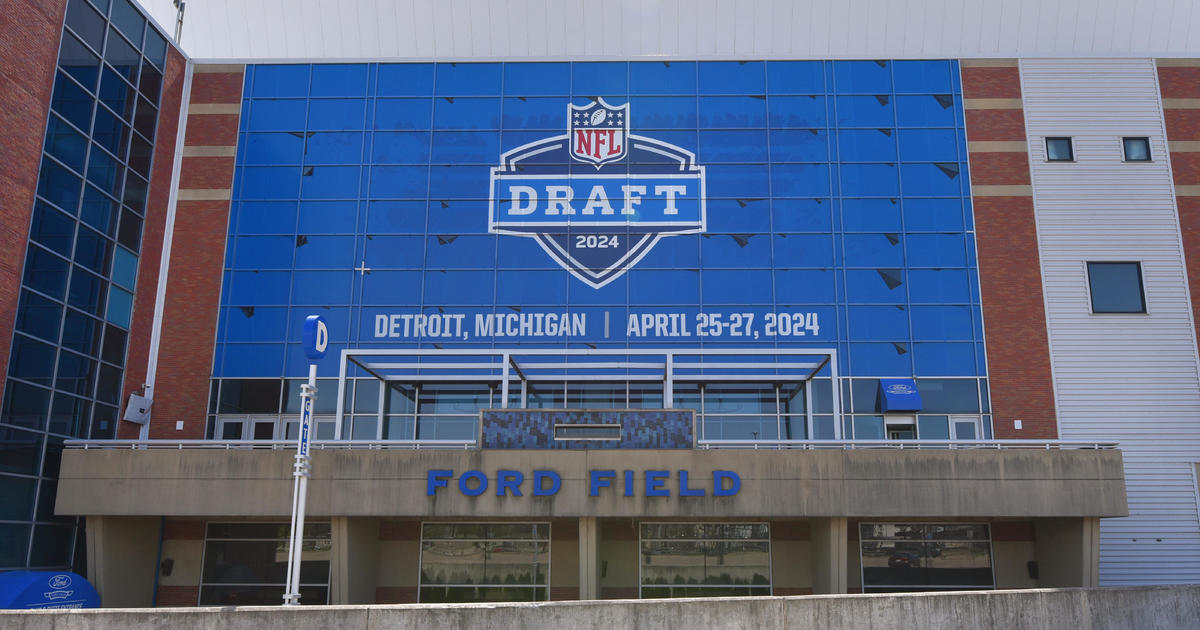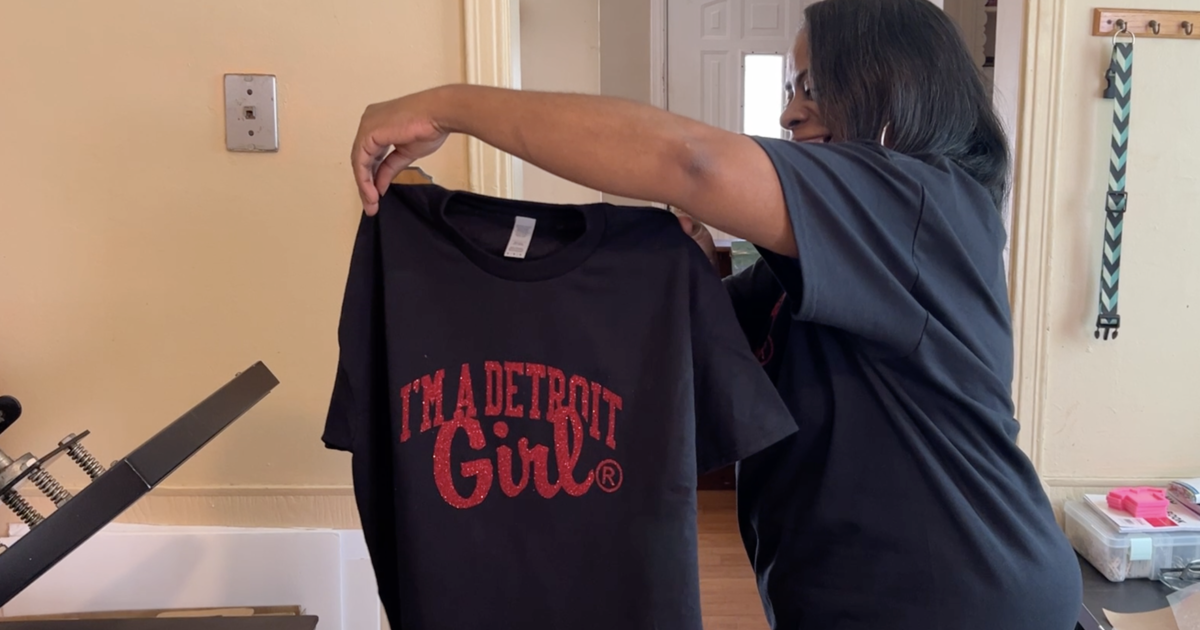Cuts Sought As Detroit Makes Up Bond Money Loss
DETROIT (AP) - The next 30 or so days likely will show just how dire Detroit's fiscal plight is as Mayor Dave Bing's office pores over plans to make up millions of dollars in bond money the city failed to get from the state.
Unpaid furlough days are scheduled to resume in January and Bing has said he would seek other cost-savings to offset the loss of $10 million that was due last Tuesday and possibly $20 million more slated to be released to the city next month.
The actions have become necessary after the City Council didn't approve a $300,000 contract required under Detroit's reform program with the state. The Miller Canfield law firm contract is one of several milestones under the reforms. The firm would advise Bing on financial matters.
Some on the council consider it a conflict of interest because Miller Canfield wrote milestone agreements in Bing's reform program.
"If they have a concern with the conflict of interest that has to be cleared - and my understanding is that is their sole bone of contention," said Doug Bernstein, managing partner of the Banking, Bankruptcy and Creditors' Rights Practice Group for Michigan-based Plunkett Cooney law firm.
"If (Miller Canfield) were representing the state and the interests of the state does not conform to the interests of the city that has to be worked through."
Bernstein said all sides may need to reach some kind of accord as to the role Miller Canfield would play in advising Bing.
But Council President Charles Pugh would prefer Bing select a different law firm.
"There were too many inherent conflicts to approve the Miller Canfield contract," said Pugh, adding that the council approved three other contracts called for under the reform plan.
Outside of the furloughs, Bing has given few details on what other cuts would compensate for the loss of the bond money. He did say the cuts would come from departments that don't generate revenue and that police, fire and paramedic services would not be impacted.
"These actions are necessary to keep the city from falling into further financial distress," Bing said.
Detroit is deep in debt and has a budget deficit of more than $200 million. Many fear the prospect of payless paydays. The City Council approved the bond sale earlier this year to stave off short-term cash shortages.
The reform plan is part of a larger consent agreement between the city and state that allowed Detroit to avoid getting a state-appointed emergency manager.
"As we have made clear numerous times before, continued or protracted delays do nothing to solve the city's problems. They only drag them out and make them worse," said Terry Stanton, spokesman for Treasurer Andy Dillon. "The governor, treasurer and the administration remain committed to working cooperatively to build a strong, successful Detroit."
But borrowing money to support services Detroit no longer can afford is simply kicking the can "down the road," according to James McTevia, a turnaround specialist and adviser to companies in transition.
"Responsible people and responsible governmental bodies need - and will finally act - to reduce services and expenses when faced with the inability to borrow any more money through the sale of bonds or borrowing from lenders," McTevia said. "I think ... Detroit as a city will soon reach that point."
© Copyright 2012 The Associated Press. All Rights Reserved. This material may not be published, broadcast, rewritten or redistributed.



